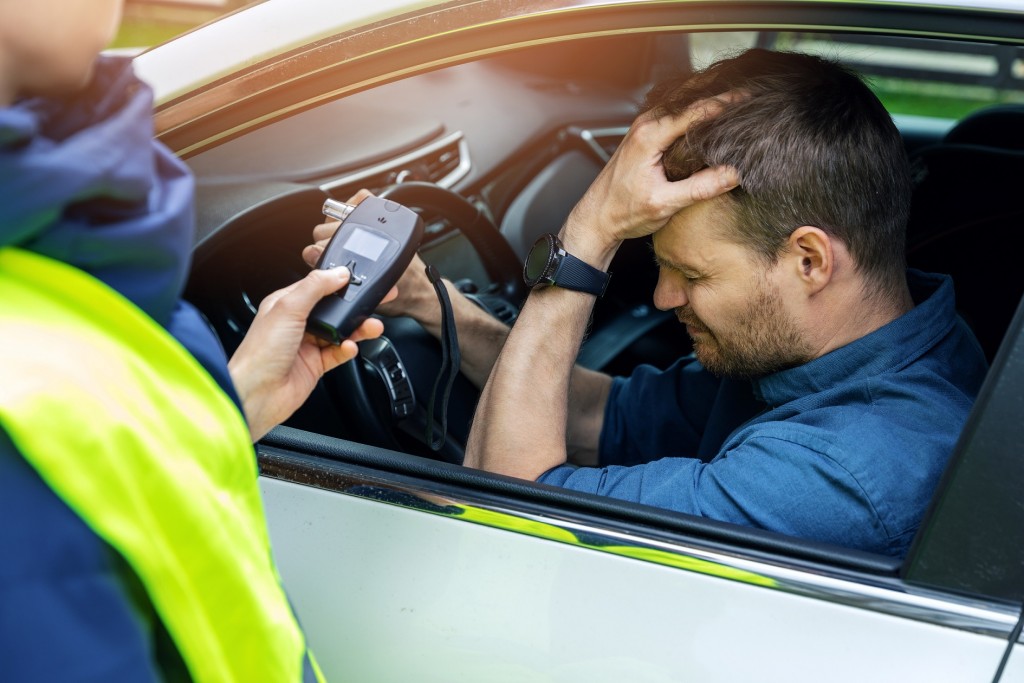
Pubs, cafes and restaurants in Wales will close at 6pm from Friday 4 December 2020 and will be banned from serving alcohol, under new hard-line measures designed to curb the rise in COVID-19 infections. Though this might be a hammer blow for the hospitality industry and a great many people who enjoy socialising at this time of year, one unforeseen side effect might actually be the reduction in drink driving offences over the festive period – though for some the temptation may still be there to get behind the wheel after a few drinks.
It’s, therefore, important to stress that driving under the influence could lead you to being imprisoned, banned from driving and given a fine if found guilty, though the actual penalty is up to the magistrates who hear the case and depends on the offence and any extenuating circumstances.
If found guilty of a drink-driving offence, a defendant may still be able to reduce the ban by taking a drink-drive rehabilitation scheme (DDRS) course – if they are banned from driving for 12 months or more – though it’s up to the court to offer this.
There are also a number of considerations which the magistrates will take into account before passing sentence, so if you do find yourself in this position, it’s important you seek legal advice.
Employing an experienced lawyer will almost certainly help get you a better outcome than handling it yourself. Your solicitor will explain to the court things like the impact a ban would make on your life, job and income, as well as any extenuating circumstances – which the court will then take into consideration. In fact, many courts frown on defendants who try and do it themselves.
The way alcohol affects individuals depends on their weight, age, sex and metabolism, as well as the type and amount of alcohol that has been consumed. It can also be affected by what they’ve eaten recently, and their stress levels at the time.
Defining a safe level for alcohol consumption is, therefore, almost impossible when confronted by so many variables, and the only safe advice is to refrain from drinking at all if you know you are going to have to drive in the next few hours.
That said, the limits set for the level of alcohol allowed when driving in England and Wales are:
- 35 Micrograms per 100 millilitres of breath
- 80 Milligrams per 100 millilitres of blood
- 107 Milligrams per 100 millilitres of urine
If you are found in charge of a vehicle while above these legal limits the penalties are severe, you may get:
- 3 months’ imprisonment;
- up to £2,500 fine; and
- a possible driving ban.
If you are actually caught by the police while driving or attempting to drive while above the legal limit, you may get:
- 6 months’ imprisonment;
- an unlimited fine; and
- a driving ban for at least 1 year (3 years if convicted twice in 10 years).
- If you are stopped and refuse to provide a specimen of breath, blood or urine for analysis, you may get:
- 6 months’ imprisonment
- an unlimited fine
- a ban from driving for at least 1 year
If the worst happens, and you are found to have caused death by careless driving when under the influence of drink, you may get:
- 14 years’ imprisonment
- an unlimited fine
- a ban from driving for at least 2 years
- an extended driving test before your licence is returned
- You won’t automatically get your licence back if you’re a high-risk offender.
A conviction for drink-driving also means that your car insurance costs will increase significantly, and if you drive for work, your employer will see your conviction on your licence, and you may lose your job. A drink-driving conviction can also mean you may have trouble travelling to countries like the United States.
There are, of course, instances where individuals may be able to legitimately fight the charge. Some may feel they have been charged incorrectly and have no case to answer or have extenuating circumstances which may strengthen their defence and lessen the severity of their penalty.
For enquiries and advice on a wide range of legal matters, contact Darren Davies on 01792 439000 or email darren.davies@hutchinsonthomas.com
